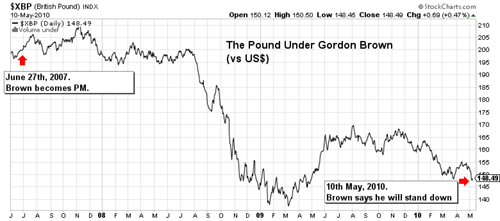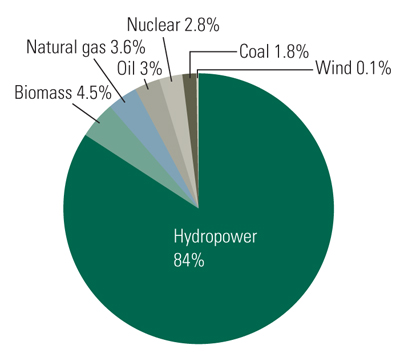The most profitable publicly-listed companies in Germany that appear in the Forbes Global
2000 list for this year are listed below:
[TABLE=497]
Source: Forbes
Electric and natural gas utility E.ON (OTC: EONGY) topped the list with profits of $12.05 B. Currently E.ON ADR has a 5.80% dividend yield. The second and third most profitable companies are the banking giant Deutsche Bank(DB) and the insurance company Allianz. The world’s leading chemical makers BASF and Bayer took the 9th and 10th spots respectively with profits of about $2B each. RWE AG(OTC: RWEOY), the other electric utility in this ranking pays a 6.01% dividend.
The iShares MSCI Germany Index ETF (EWG) offers exposure to most of the firms noted above. The fund has 51 holdings and total assets of $997M. Some of the reasons to invest in Germany can be found here.

